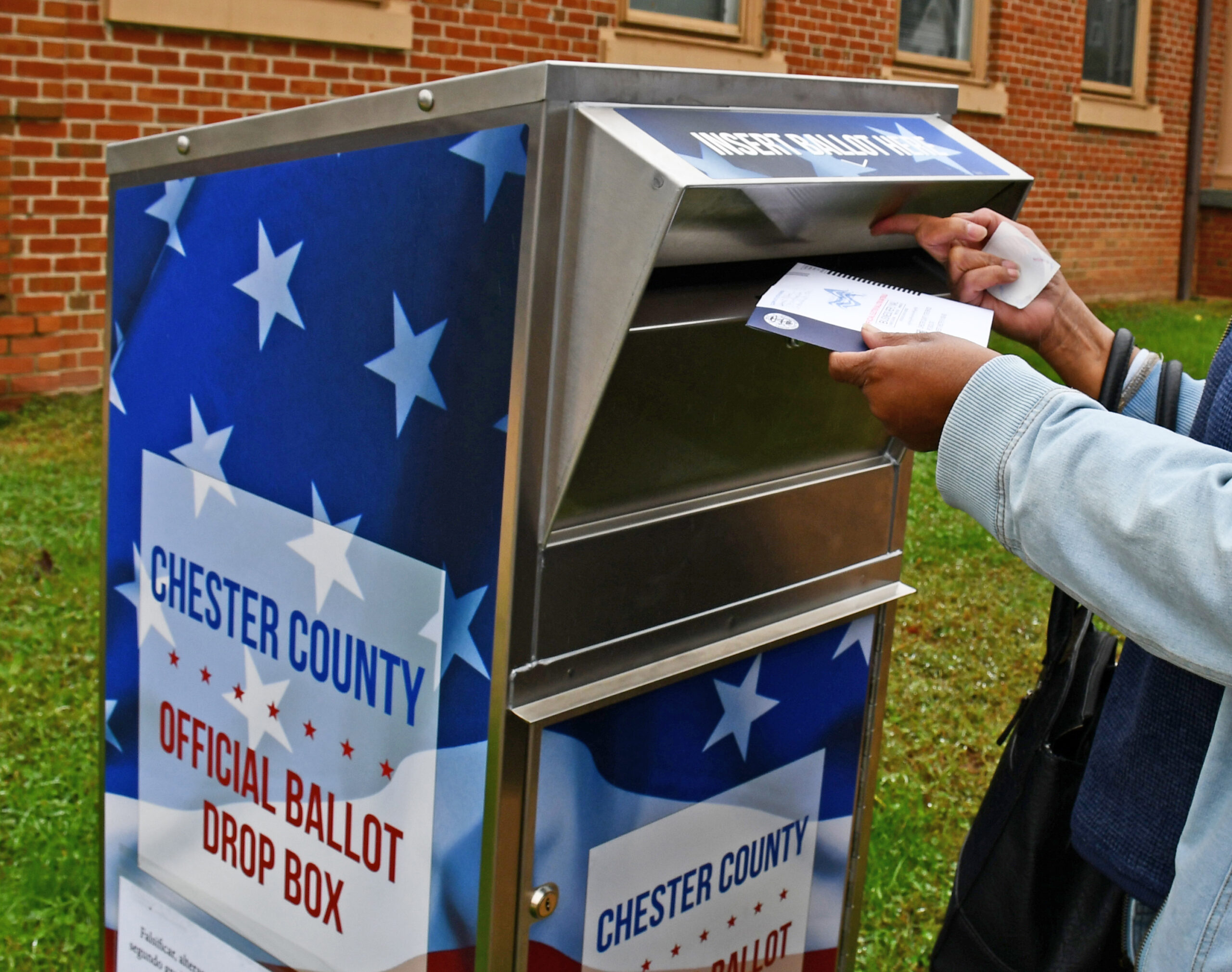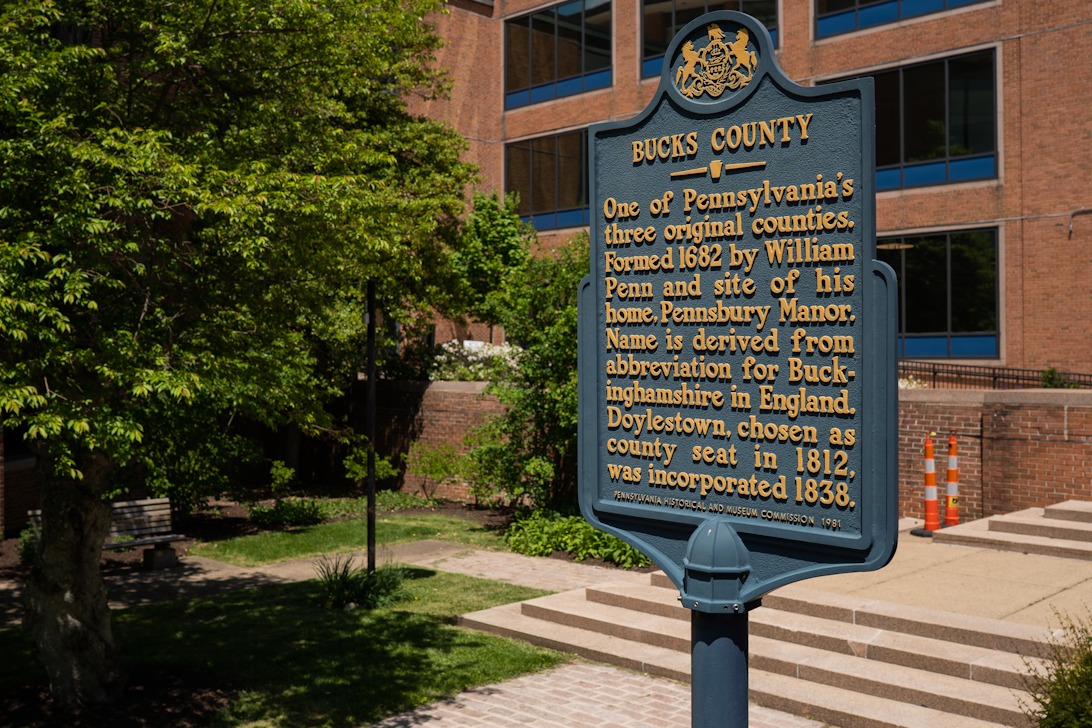GOP Touts Mail-In Ballots; Will Its Voters Embrace Them?

To improve voter turnout, Republicans are now embracing mail-in ballots, an innovation Democrats readily adopted.
Party leaders hope to combat skepticism among the rank and file by touting mail-in voting to ensure their voters can vote no matter what happens on Election Day.
In a press phone call on Tuesday, Republican National Committee Chair Ronna McDaniel said the new program, Bank Your Vote, is needed, using a sports analogy.
“We can all agree you don’t want your football team to start scoring in the fourth quarter and think you’re going to win the game. We all know there’s no longer just an election day. There’s an election season,” McDaniel said.
Pennsylvania GOP Chair Lawrence Tabas said the 2023 election is “critical,” with statewide judicial races and municipal and school board races.
“You have until Oct. 31 at 5 p.m. to apply for (a mail-in) ballot,” said Tabas. He said the Pennsylvania GOP has been closing the voter gap and now stands at 235,000. “We’re committed that winning in ’23 is the path to winning in ’24.”
“Bank Your Vote is a crucial step,” Tabas said.
Dave McCormick, the endorsed Republican candidate for U.S. Senate, said, “The stakes are high.”
“With inflation from gas to groceries, Keystone State families are suffering from high inflation of a 20 percent rise in prices under the failed leadership of (President) Joe Biden and (Sen.) Bob Casey and that’s hurting all Pennsylvanians. But it’s hurting elders on fixed incomes. It’s hurting working families. As a result of this, Pennsylvania remains in the worst half of states for unemployment rates. And this is also killing small business owners.”
Treasurer Stacy Garrity, who will be running for reelection in 2024 and was also recently endorsed by the party, also urged people to bank their votes.
It helps so “life doesn’t get in the way.”
“We also need our most reliable voters to vote before election day to help our Republican candidates know who voted,” said Garrity. That pre-voting saves campaigns money that they won’t have to spend sending out mailings and reminders, so they can use it to target infrequent voters or independent voters.
The DVJournal asked how the GOP can reassure skeptical voters that their votes are secure if they use mail-in ballots.
McDaniel said in 2022, 80,000 poll workers were recruited nationwide who were there not just on election day but throughout the voting period.
“On top of that, we have a robust team of election integrity lawyers that are being deployed to the states. Pennsylvania already has some in place that are on the ground working with the counties to make sure that we know they’re going to administer the elections and making sure that’s being done,” she said. “And we can take decisive action quickly to protect your vote.”
Echoing Garrity, she said, “We cannot afford to chase ballots all the way through Election Day…We have to get these ballots in earlier.”
Tabas said a system was in place to track mail-in ballots. If a voter contacts their county party and says they did not get their ballot or their confirmation, “We’re on top of that,” he said.
Another question asked concerned “curing” ballots or allowing voters to fix mistakes, which has differed from county to county in the past.
Tabas blamed the courts for that discrepancy and said it was important for every county to operate under the same rules.
“Pennsylvania has to be assured that there are uniform rules so that if they’re counting your ballot anywhere in the commonwealth, it will be counted on the same basis, no matter where you live. Your ZIP code shouldn’t determine how your ballot ends up getting counted.”
Asked why the party has had a “change of heart” regarding mail-in ballots, McDaniel said it was necessary to adopt them to be competitive.
“This is a 2023, 2024 strategy that’s going to go on in the future and will result in big victories for Republicans in Pennsylvania,” said Tabas.
Please follow DVJournal on social media: Twitter@DVJournal or Facebook.com/DelawareValleyJournal





